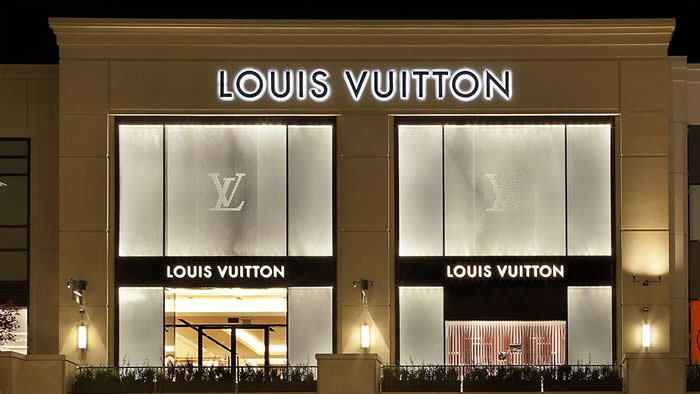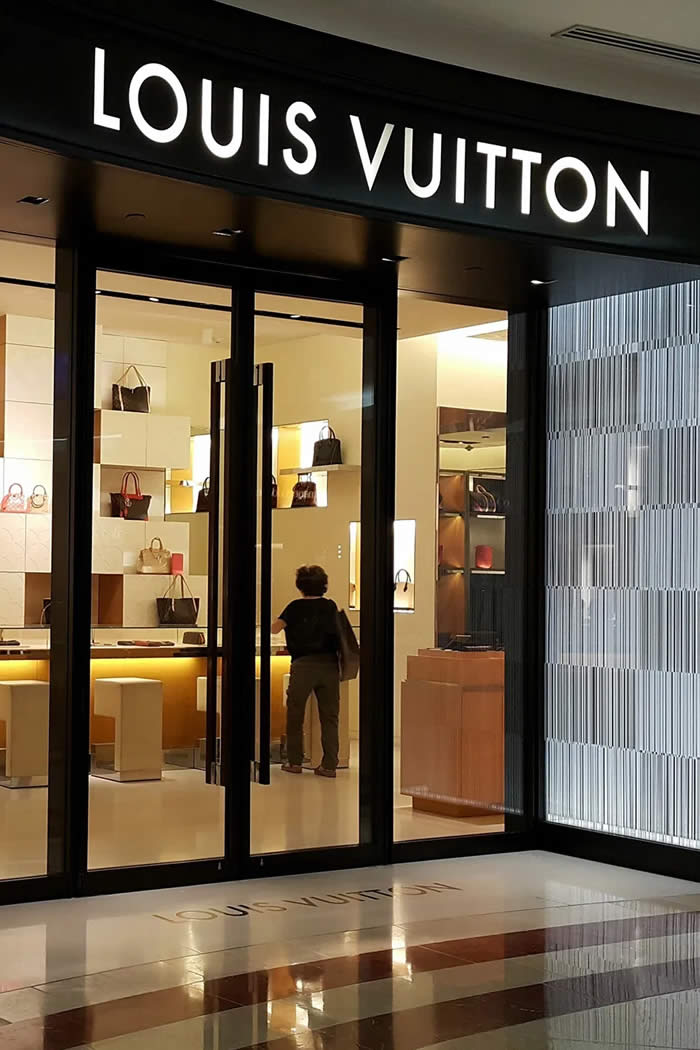LVMH Moët Hennessy Louis Vuitton is all in for slow justice.
Firing back at Tiffany & Co.’s quest to expedite court proceedings over LVMH’s $16.2 billion deal to buy the American jewelry, LVMH said Thursday “there is no objective reason why the upcoming trial should not take place within a normal time frame.”
“Given the legal and financial issues at stake — in the context of a pandemic that obviously weighs on the ability of a European group to organize its defense in the U.S. — it seems to LVMH that sound justice requires a reasonable time be granted to rule on the matter,” the French company said in a statement.
It also accused Tiffany of “meritless allegations and aggressive misdirection campaign tactics.”
“It is up to the Delaware court to determine who is in his right, and not the chairman of Tiffany through the press.”
The jeweler sued LVMH in Delaware Chancery Court last week after LVMH said it was dropping the deal, citing a request to delay closing from the French government, which is in the midst of a trade spat with Washington.
Tiffany on Wednesday accused LMVH of opposing its efforts to hold an expedited trial, preferring the court to hold off for six or seven months.
In its latest statement, LVMH was clearly blowing a dart at Roger Farah, who on Wednesday let loose and accused the French group of “grasping at any opportunity to delay and avoid its obligations. This includes excuses for failing to make standard antitrust filings, complaints about the pandemic and protests that LVMH previously agreed could not be considered as a valid reason to question the transaction.”
“LVMH’s opposition to our motion to expedite is the latest attempt to run out the clock to avoid fulfilling its obligations under the merger agreement. If LVMH were confident in its legal position, it would have no reason to oppose an expedited trial schedule. We urge the court to hold the trial on a timetable that will enable a decision before the Nov. 24 termination date in the merger agreement,” Farah added.
LVMH’s statement on Thursday said Tiffany executives are seeking swift justice “to avoid having to answer, notably to their shareholders, for their bad results and mismanagement and to see their arguments fall one after another.”

“The next Tiffany results will only confirm the occurrence of a ‘material adverse effect’ and the mediocrity of their management during the crisis, which mainly consisted in creating losses and increasing debts to the detriment of the company’s interest.”
Tiffany has defended the company’s performance, saying it has already returned to profitability and expects to remain profitable for the balance of the year, with fourth-quarter profits exceeding those of the same period in 2019.
LVMH called these forecasts “purely fanciful, even worrying. The only way to even come close to this target would be to so strongly curtail all current investment, particularly in marketing and communications, which is obviously detrimental to the future of the brand and totally contrary to the normal course of business.
“Tiffany clearly fears a serene and fair rendering of justice. LVMH, for its part, has full confidence in the American justice system to demonstrate that the conditions necessary for the acquisition of Tiffany are no longer met and that the fallacious arguments put forth by Tiffany are unfounded.”
LVMH noted that it submitted its conclusions to the Delaware court on Wednesday night, seeing that it dismiss Tiffany’s request for an expedited decision.
In its filing late Wednesday, LVMH disputed Tiffany’s claim that it was intentionally dragging its feet on obtaining regulatory approvals. LVMH said it has already obtained most of the required antitrust clearances and that it expects to obtaining the remaining required approvals by a Nov. 24 deadline to complete the deal.
The course toward a potential trial in civil suits includes a number of early built-in pressure valves meant to get the suit resolved or dismissed without a trial, if possible. For instance, defendants can attempt to dismiss the suit by arguing that the claims lack legal grounds. If the suit crosses that point, the parties can seek information from one another in the form of documents and deposition — a process known as discovery — and seek a ruling in their favor.
“Tiffany offers no reason why this court should move mountains and conduct a full-blown trial involving complex facts and international discovery in less than two months amidst a global pandemic,” LVMH said in its filing.
The company detailed its claims about alleged mismanagement at Tiffany and the pandemic’s impact on the jewelry business. LVMH argued Tiffany had suffered a $45 million loss from operations in the first half of 2020, compared with a $345 million gain a year earlier. The jewelry company also increased its net debt by $300 million in the first half of 2020, according to LVMH’s filing.
And LVMH continued to push back against Tiffany’s argument that the luxury giant was intentionally attempting to back out of the deal. LVMH zeroed in on Tiffany’s performance during the pandemic and said it had sought more information, but that Tiffany was not as forthcoming.
“Prompted by these troubling developments (not by a purported desire to re-trade the deal), LVMH requested information about Tiffany’s financial performance and business operations,” LVMH said in its filing. “Rather than cooperate, Tiffany skewed the facts, providing scant information that did not resolve LVMH’s concerns.”


